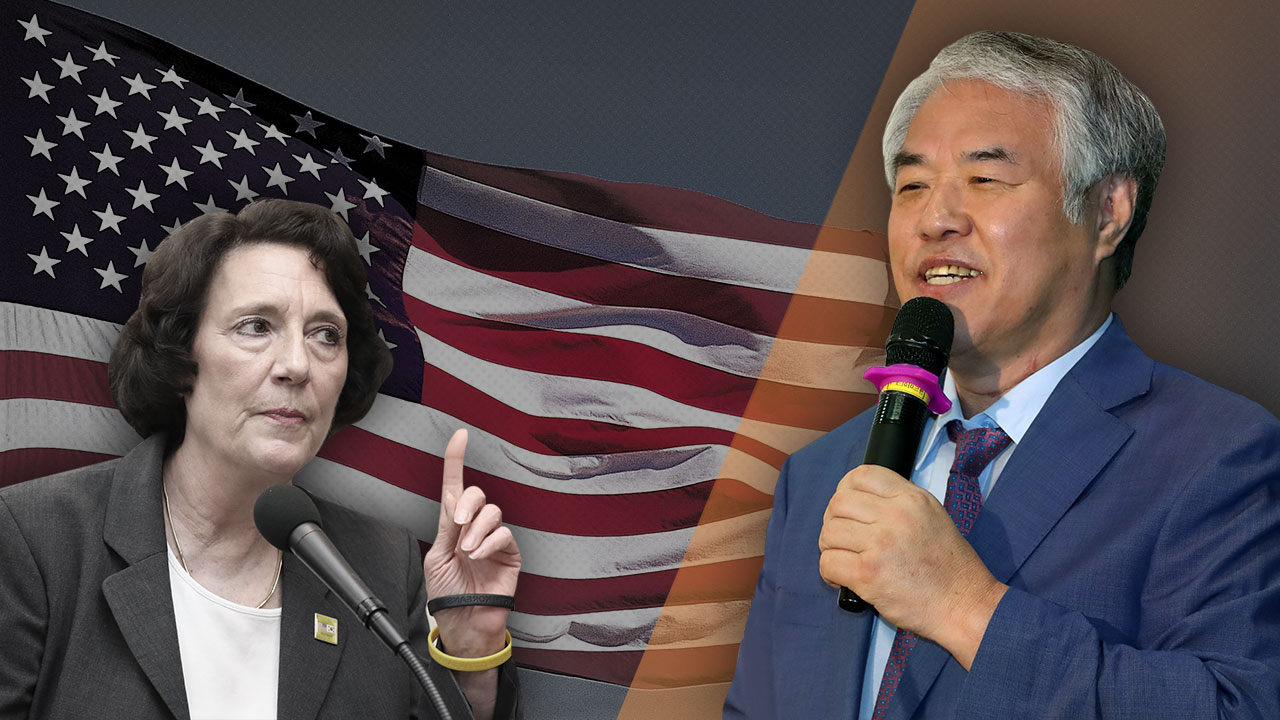
THE DEFECTOR CRISIS: MADE IN THE USA?
Sep. 29, 2020
On Monday morning, as military tensions between North Korea and the United States appeared to reach a breaking point, Pyongyang’s Foreign Minister Ri Yong-ho went before television cameras in front of his hotel in New York City.
Incensed that President Trump had followed last week’s bombastic speech to the UN by tweeting that North Korean leaders “may not be around much longer,” Ri told reporters that Trump had “declared war” on his country. If a state of war existed, he added, North Korea reserved the right to “make countermeasures, including the right to shoot down United States strategic bombers even when they are not inside the airspace border of our country.”
That, of course, was a reference to the Pentagon’s September 23 flight of US B1-B bombers off North Korea’s east coast, and sparked another round of US media speculation about Kim Jong Un’s military intentions and capabilities. Coming after Ri’s declaration that North Korea was considering testing a hydrogen bomb over the Pacific Ocean, they appeared to escalate tensions even more and worried long-time observers of North Korea.
“That’s not the Ri Yong-Ho I know, and I negotiated with him for years,” Joseph DeTrani, a former CIA proliferation expert who met with Ri many times as special envoy to the Six Party Talks during the Bush administration, told Newstapa. Negotiations, not military conflict, “are the only way to resolve” this crisis, he said.
But DeTrani recalled, with some anger, several incidents in the past when the North had taken military action, including its shootdown in 1969 of a US EC-121 reconnaissance plane that killed 31 Americans on board (according to newly released US documents, that incident almost led President Richard Nixon to retaliate with nuclear weapons – but in the end, he did nothing).
DeTrani, who visited Pyongyang several times on behalf of the Obama administration, was one of about 150 people gathered at the Center for Strategic and International Studies (CSIS), an influential military think tank, to hear an address by South Korean Foreign Minister Kang Kyung-wha. In her speech, Kang agreed with US officials who believe that North Korea’s nuclear program has reached, in her words, “a tipping point.”
“Pyongyang seems fast approaching its stated goal of having nuclear-tipped ICBMs capable of targeting the continental U.S.,” she said. As President Moon Jae-in warned CSIS during his visit to Washington in June, she reiterated that “there cannot be another war on the Korean Peninsula” and pledged to take “public diplomacy and outreach” to “a whole new level.” Kang’s appearance seemed to solidify CSIS’s role as an unofficial liaison between Washington and Seoul. That relationship could become official when Victor Cha, CSIS’s Korea Chair, is named US ambassador to South Korea, as expected.
But given the policy differences between Moon and Trump and the constant disagreements within the US administration itself about how to deal with North Korea, it’s easy to see why Ri and the North Korean leadership might be confused about America’s intentions.
Their confusion was apparent on Tuesday, when the Washington Post reported from Switzerland that senior North Korean officials “have been quietly trying to arrange talks with Republican-linked analysts in Washington, in an apparent attempt to make sense of President Trump and his confusing messages to Kim Jong Un’s regime.” As one of those Republicans told the Post, “their number-one concern is Trump. They can’t figure him out.”
Among the Americans contacted were Bruce Klinger, a former CIA analyst who runs North Korea programs for the right-wing Heritage Foundation, and Douglas Paal, who once worked as an Asian analyst for the Reagan and Bush administrations. Paal chaired a meeting last week at the Carnegie Endowment for International Peace where two Japanese experts warned that the Abe government must be included in any US negotiations with North Korea (I covered it for Newstapa). Neither Klinger or Paal accepted Pyongyang’s invitation, according to the Post.
At another CSIS seminar on Tuesday, Sue Mi Terry, a former senior Korea analyst for the CIA who was the Korea Director for President Bush’s National Security Council, said she met with North Korean official in Sweden this past summer. While they said de-nuclearization was “off the table,” Terry said, the officials “were willing to meet to discuss a peace treaty.” But that idea has been rejected by the US government, largely because it’s seen as a strategy to “get the US to pull out troops” from South Korea, she said. But she was critical of Trump’s tweets about North Korea and his rhetoric at the UN, which she called “counterproductive.”
At the CSIS forum where Kang spoke, there was more talk of Trump’s UN speech. “It’s very important to lower the temperature,” said Madeleine Albright, the former US Secretary of State who in 2000 became the highest-level US official to ever visit Pyongyang. She took issue with US officials and pundits who claim that the Clinton administration’s 1994 Agreed Framework with North Korea was a failure. Under that agreement, North Korea “made no new fissile material, no ICBMs and no missiles,” she said. During her talks with former leader Kim Jong Il, she added, Kim said “we could keep US forces in South Korea.”
Trump’s rhetoric has also raised concerns for US public. On Monday, CBS News published a new poll showing that 53 percent of Americans were concerned that Trump might act too quickly “and start an unneeded war in Korea.” According to CBS, “a majority disapprove of President Trump's handling of the [North Korea] situation, and more voice concern that the U.S. would go to war too quickly than too slowly.”
KCIJ-Newstapa does not accept any advertisement or commercial sponsorship. Individual citizen's voluntary support sustains Korea’s only independent investigative newsroom. You can join our 'Defenders of the Truth' now.